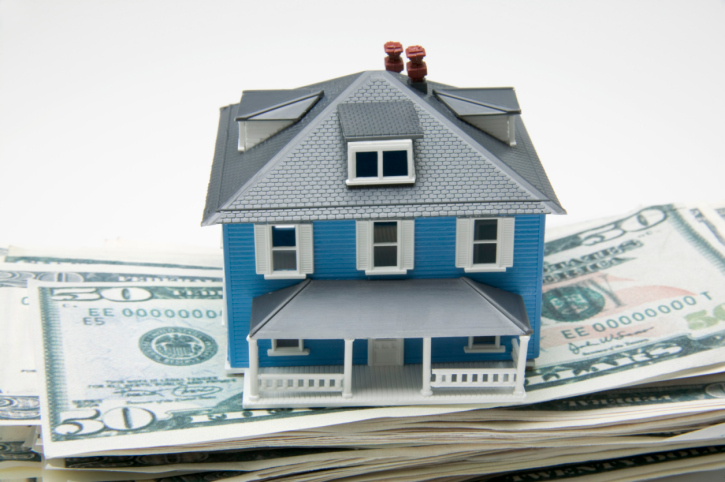A Guide for Those Intrested In Refinancing a Traditional Mortgage to a FHA Mortgage
 Refinancing a mortgage can provide a homeowner with many benefits, and some may be interested in refinancing their traditional mortgage into an FHA mortgage to take advantage of low interest rates. Depending on the specific circumstances, this step may lower the monthly payment, reduce interest charges, adjust the loan term so that it is more beneficial for achieving financial goals. Those who are interested in refinancing their mortgage may consider these steps.
Refinancing a mortgage can provide a homeowner with many benefits, and some may be interested in refinancing their traditional mortgage into an FHA mortgage to take advantage of low interest rates. Depending on the specific circumstances, this step may lower the monthly payment, reduce interest charges, adjust the loan term so that it is more beneficial for achieving financial goals. Those who are interested in refinancing their mortgage may consider these steps.
Understand the Rules and Requirements
There are specific rules in place regarding refinancing under the FHA program. For example, the loan amount may be up to 96.5 percent of the value of the home, but the homeowner cannot take cash out of the refinance transaction. If cash is taken out, the loan-to-value limit under the FHA program is usually 86 percent of the property value.
These limits are in place for loan amounts that are $417,000 and under. Loan amounts that are between $417,000 and $729,750 will fall under a different set of rules. Homeowners should be aware of these rules to ensure that the FHA program is the best fit for their unique goals. If a FHA Mortgage does not fit your needs there are other optioans that may suit your situation better.
Review Goals and Current Mortgage Details
The next step for homeowners to take is to review their own financial goals and to define their reasons for refinancing. In addition, it is important for homeowners to contact their current mortgage company to learn more about their current interest rate, if there is a prepayment penalty and the current loan balance. Estimating the property value is also important. Homeowners may have a reasonable idea about property value, or they can contact a real estate agent for a valuation. When all of this information is taken into account, the homeowner will have a better idea about what to expect from refinancing.
Each homeowner will be in a unique situation regarding current loan details, property value and goals that they want to achieve through refinancing. It can be confusing to decide if refinancing is the right move to make, and it can be even more complicated to determine which loan program is a best-fit for the goals of the homeowner.
Those who are interested in refinancing their traditional mortgage into the FHA loan program or other refinancing program should contact their trusted mortgage professional soon to discuss the options and to determine if this is the best fit for their situation.

 As the 2009 recession fades into the sunset, the home buying market is showing signs of improvement in areas all over the United States. With more home buyers now entering the market, this becomes a good time to discuss one popular type of mortgage called the “Adjustable Rate Mortgage” or ARM.
As the 2009 recession fades into the sunset, the home buying market is showing signs of improvement in areas all over the United States. With more home buyers now entering the market, this becomes a good time to discuss one popular type of mortgage called the “Adjustable Rate Mortgage” or ARM. The United States government established the HARP program, otherwise known as the Home Affordable Refinance Program, to assist homeowners who are struggling with their mortgage payments. Initially, the program was founded in March 2009, and it has provided many homeowners with an easier route to adjusting their mortgage payments to make them more affordable. However, the program will be ending soon, and homeowners who have not yet taken advantage of the program and who intend to do so may need to act quickly.
The United States government established the HARP program, otherwise known as the Home Affordable Refinance Program, to assist homeowners who are struggling with their mortgage payments. Initially, the program was founded in March 2009, and it has provided many homeowners with an easier route to adjusting their mortgage payments to make them more affordable. However, the program will be ending soon, and homeowners who have not yet taken advantage of the program and who intend to do so may need to act quickly.